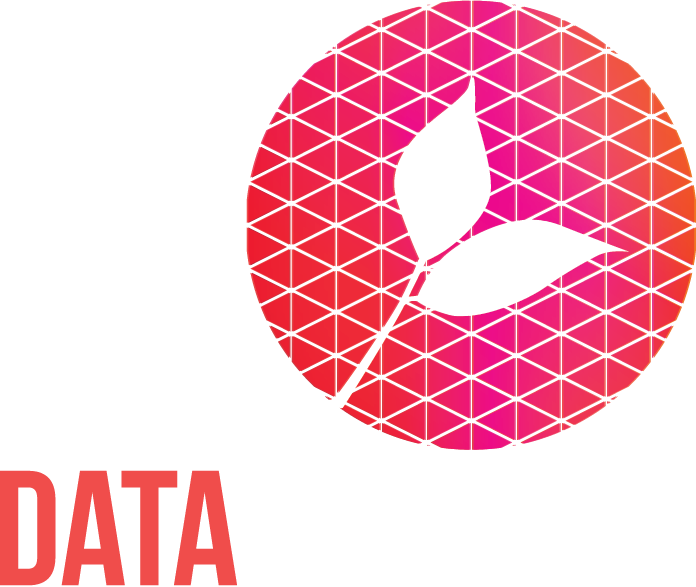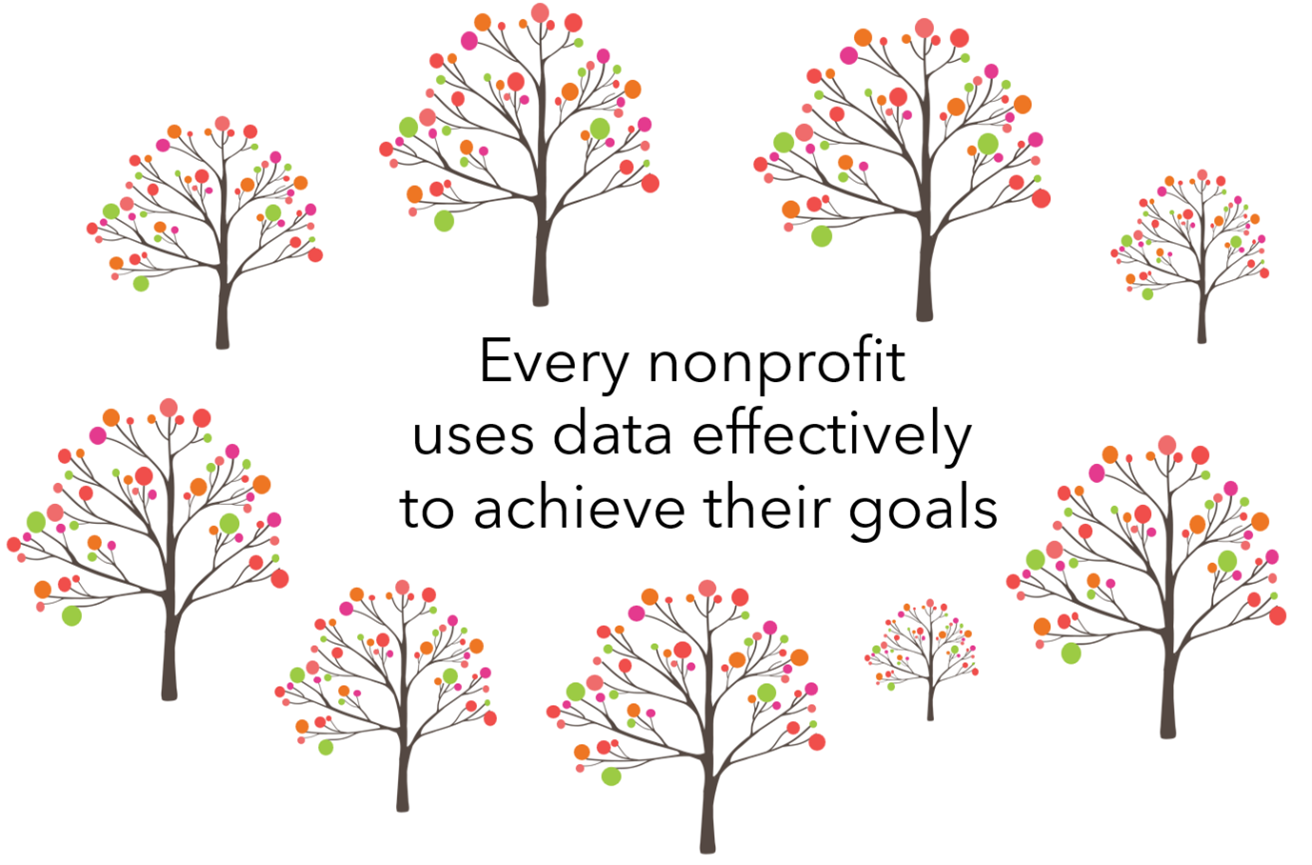Our theory for change
This is our story about how we, as a social enterprise, create and measure our impact in the world.
In principle, the storyline is simple:
These people (those we serve)
have these challenges (which are surmountable)
so we do these things (our activities/services)
that create these changes (immediate outcomes, directly attributable to our efforts)
that lead to these changes (medium and long-terms outcomes, we contribute toward)
which ultimately results in this enduring change (the happy ever after).
N.B. We know the term ‘Theory of Change’ is more commonly used. The idea to adopt the alternative ‘Theory for Change’ was inspired by the closing panel discussions at Understanding Society’s ‘Are We Making A Difference?‘ conference.
For us, ‘for change’ feels more empowered. It’s about being proactive in creating the change you want to see in the world, rather than passively seeing your organisation as a tiny part of what’s already predestined.
These people…
The focus of our story is the nonprofit sector. Specifically, we serve people with responsibility for data, who advocate for organisational improvement.
…have these challenges
There are many challenges around data in organisations.
We’ve identified 6 well-evidenced challenges that we know we can help nonprofits overcome and that, if solved, we believe will have the greatest impact on organisations achieving their goals.
…so we do these things
Broadly, Data Orchard does three key things:
Build organisations’ data skills and capabilities.
Gather, explore and analyse data for organisations.
Champion the importance and value of data for good.
More specifically, we have a range of services to support our clients. Some we’ve provided for many years; others are newer offerings.
…that create these immediate changes
So now it’s time for the juicy part of the story: what changes do we create in the nonprofit sector?
Through our championing efforts – the events, resources, and research we offer openly and freely – we aim for four outcomes. We want people to feel:
inspired about the possibilities for using data in their organisation
motivated to improve with data in their organisation
aware of useful resources and good practice
connected to professional peers and support.
For clients who use our paid-for services, outcomes will vary depending on their specific challenges.
For example, for those who don’t know how to start getting better with data, taking our organisational Data Maturity Assessment and/or engaging us to help develop a data strategy would lead to:
improved shared understanding about data in the organisation
better conversations about data among staff
better understanding of how well they’re doing with data
plans about how to improve with data in future.
Or for organisations who are struggling to evidence their impact, our support would lead to:
improved definition of the data they need
improved processes for data collection
increased knowledge about how to measure impact
These are the outcomes we can promise to our clients – things that we can definitely measure, and that we can directly attribute to Data Orchard’s interventions. This is where we draw the ‘line of accountability’.
…that lead to these medium-term changes
But of course that is not the end of the story…
Many of the changes happen in the early years AFTER we’ve worked with clients. Importantly, these are changes that organisations make for themselves. They need effort and investment of resources to come to fruition.
These lead to practical and cultural outcomes such as:
better data, which is more available and useful for decision-making and improves the design of services and products
a culture of data fluency involving lots of curiosity and questioning
improved use of data for future planning and strategy.
These are things we hope for and try to measure when we follow up with clients a year or two after we’ve worked with them.
…that lead to these long-term changes
In the long-term, we hope that those changes will become embedded in the organisations we work with.
Data roles and professions will be established and thriving in the workforce
Continuous improvement will be embedded in services and products
Everyone can use data to make better informed decisions
Organisations understand how they need to change to deliver greatest impact.
Organisations keep improving with data.
…which ultimately results in this enduring change
And so, this brings us to Data Orchard’s mission – the enduring change we want to create in the world. Ultimately, we want to see every nonprofit organisation using data effectively to achieve their goals.
And because nonprofits are working for positive change, once that has happened…
We will all live in a better world socially, economically and environmentally.









